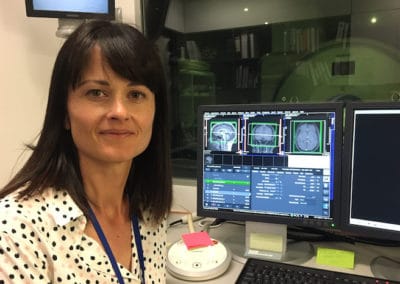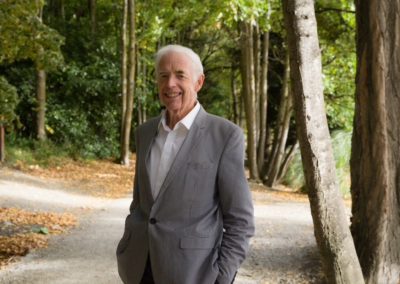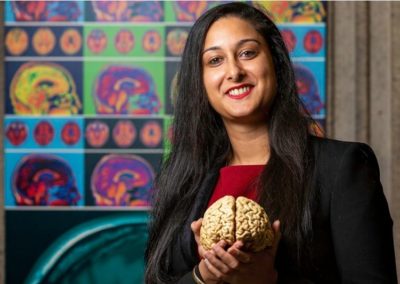The general population of New Zealand has a relatively low level of awareness of dementia and the needs of those with dementia, their whanau, families and carers. In 2016, BRNZ funded Ngaire Kerse to lead a community focused study that aims to challenge and change that lack of knowledge by using innovative online and offline delivery methods. Health care workers may also be less aware of best practice in caring for people with dementia. From the well trained doctors and nurses, to the less trained and unregulated health care and community workers, all can improve their knowledge, attitudes and practices related to dementia.
By ensuring that comprehensive and accurate dementia resources are available to all New Zealanders we can help to change attitudes toward dementia, and raise awareness of dementia and dementia care. Not only would this increase in knowledge help people with dementia to be better understood, but it would also assist the families and carers of those with dementia. Brain Research New Zealand wants to get the information out there, for those with dementia, for healthcare professionals, in-home carers, and for the general population of New Zealand. The more we know the better we can adapt and care for those with dementia within our communities.
How will we do it?
Phase 1: Scoping
First of all our project manager will complete a comprehensive review of all dementia resources currently available for health professionals and the public. This includes: materials developed in association with Ministry of Health funding for the New Zealand Framework for Dementia care, resources from Alzheimer’s New Zealand, regional initiatives, national and international multimedia resources, training materials, and web resources. After we’ve completed this exhaustive review, we will catalogue everything, and any gaps in public knowledge about dementia will be given the most focus.
Phase 2: A comprehensive output plan
In phase two, we will develop a comprehensive communication plan for the education of health professionals. This will focus on information gaps, novel communication strategies, and the comprehensiveness and accuracy of resource content.
- Partnerships with Māori, Pacific, Asian, immigrant and non-English speaking groups will guide the development of appropriate resources for these groups.
- We will start to engage with experts in health literacy and readability and translation to make sure the work will be readable.
- We will convene ongoing focus groups with Māori and Pacific groups to ensure accessibility.
- We will identify comprehensive needs for web development and web content.
Phase 3: Dementia tools and resource development
To develop these tools we turn to the Goodfellow Learning Unit at the University of Auckland. The unit will be collaborating with other resource creation initiatives in order to develop the best, and most up to date, tools about dementia for health professionals. We want this information to be as easily accessible as possible, so each module will be available online with a number of different resources including podcasts, video clips, and quizzes.
Our aim is to develop resources appropriate for different age groups and ethnicities, which will be suitable and accurate in the long-term in order to fill gaps in community knowledge about dementia. By leveraging the knowledge, resources, and capabilities available to us we are confident that we can make this dementia resource database an effective and approachable way of teaching others about dementia.
To find out more about this project and the resources we’re developing contact: dementia.resources@auckland.ac.nz



